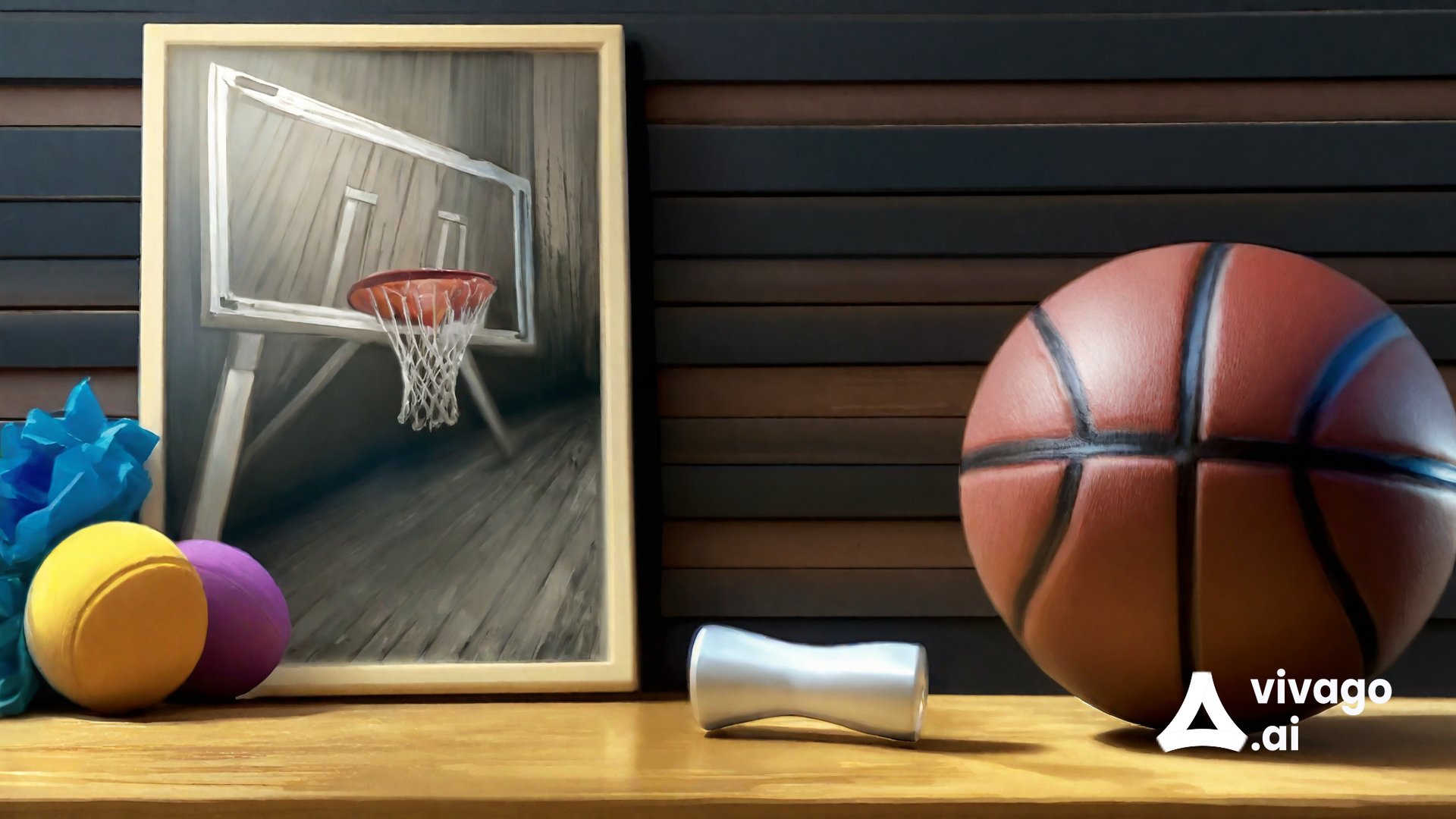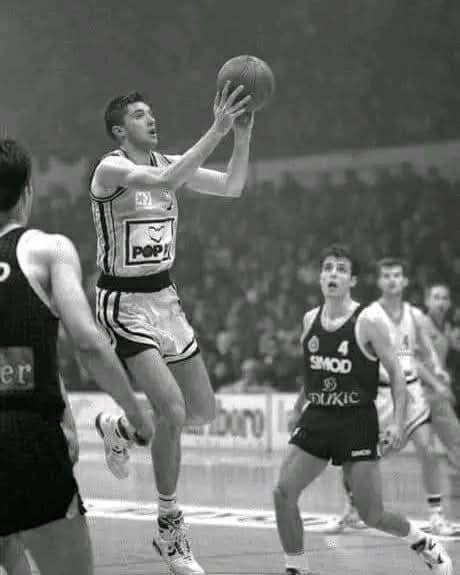
Partizan - Pop 84 (1991)
"A farewell bow"
RETROMOMENTS
Antreas Tsemperlidis
10/10/20252 min read
The In April 1991, the heavy clouds of civil war began to gather over Yugoslavia. The air smelled of gunpowder, and the coming destruction that would forever change the lives of millions was knocking on every door—from Skopje to Ljubljana.
Amid this tense atmosphere, the reigning European champion for the third consecutive year—whose jersey now read Pop 84 but whose heart still belonged to Jugoplastika—traveled to Belgrade for the third playoff final against Partizan. The team from Split already had two victories and needed just one more to celebrate their fourth straight title. The game was a one-man show for the “babies” from Dalmatia, who had now matured and were being led on the court by a true maestro of the orange ball. In a display of power, Jugoplastika comfortably defeated Partizan, which was playing without Paspalj; the final score of 64–86 left no doubt about who was the best team in Europe. On the court, the man wearing the yellow jersey with number 7 did literally everything. He scored, grabbed rebounds, delivered magical assists—a stunning performance, as if he knew the future and wanted to bid farewell to the Belgrade crowd in his own way.
Four minutes before the end, Željko Pavličević took the captain off the court. And as Toni Kukoč walked toward the bench, the entire packed arena stood up to give the “Golden Baby of Split” the warmest applause, thanking him for the years of magic. Those who were present that night in Belgrade knew deep down that it was the last time they would see, live, the best player in Europe—the one who had dazzled them with his play and inspired their admiration. Journalist Dragan Nikitović, who was covering the game, also wanted to bid farewell to Toni, saying through the microphone:
“Everyone in the arena, with applause straight from their hearts—and I among them—say goodbye to this magician who played his last game in our league.”
Kukoč, moved, raised his hand to greet his compatriots—for a little while longer. Hala Sportova was a court he loved playing in; Partizan fans respected him. Although they were rivals, there was a special relationship, as Božidar Maljković once admitted:
“There was always rivalry and tension with Red Star, Partizan, Bosna, and Cibona. But believe me, the rivalry was even greater when we played in Zadar or Zagreb than when we were in Belgrade. Toni truly loved playing there; he preferred it to Zagreb, Zadar, or Šibenik.”
That mutual respect and affection remained unchanged over time, as shown by the warm welcome Serbian fans gave the Croatian Kukoč at Saša Đorđević’s farewell game. The only difference was the venue—this time, instead of Hala Sportova, the game took place in Hala Pionir—but everything else recalled that night in April 1991. Many of those in the stands once again let their tears fall, just as they had back then. But now they cried out of emotion and nostalgia—whereas back then, they cried because they saw the storm approaching, ready to sweep away homes, families, friendships, homeland—life itself.




